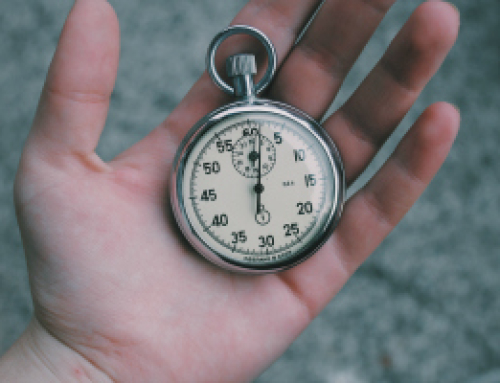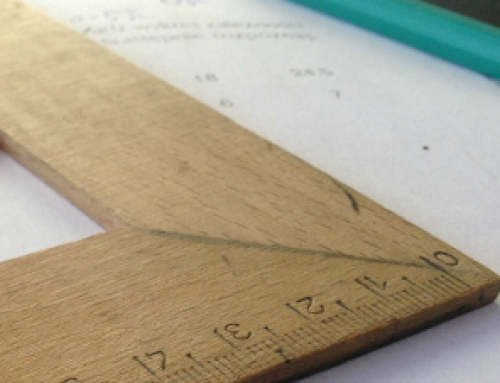 Proof of funds for a mortgage can come from many sources. Whether a family gift, money you’ve borrowed, or money you’ve saved. Each has important considerations to be given, and each is looked at slightly differently by a lender. When applying for a mortgage it is important that you understand the way a lender will look at each source and what questions will be asked about your proof of funds.
Proof of funds for a mortgage can come from many sources. Whether a family gift, money you’ve borrowed, or money you’ve saved. Each has important considerations to be given, and each is looked at slightly differently by a lender. When applying for a mortgage it is important that you understand the way a lender will look at each source and what questions will be asked about your proof of funds.
Gift Money
Like the name states, gift money is money that has been given to you. Lenders do establish certain limitations on how they can be used, who can give them, and how they must be documented.
Gift funds are allowable for the purchase of a primary residence or vacation home. For a single unit property, they may cover any portion of the down payment. For multi-unit dwellings, the borrower usually needs to contribute at least 5% of the down payment. Gift funds may also be used for closing costs, prepaids, and reserves. The person giving the gift must be an acceptable donor; usually a family member, anyone related to the borrower by marriage, or a fiancée, fiancé, or domestic partner. Written documentation of the gift and existence of the funds will be required.
Borrowed Funds
Most people will tell you borrowed funds aren’t allowed towards a down payment when applying for a mortgage. This isn’t always true.
Funds secured by collateral (an auto loan, loan against retirement funds, loans against collectibles, etc.) are acceptable for use in the purchase of real estate. A credit card advance is not usually allowed unless the funds have been in your account for longer than 60 days. In all cases of using borrowed funds, the borrower must qualify with inclusion of monthly payments in the total debt-to-income ratio, even if at the time the mortgage loan is closed, the loan is in a “payment free” period. For credit card debt and any loans in a “no payments due” status, the payment used will be at the discretion of your lender.
No Money Down
Financing for the full purchase price, and even for some of the closing costs is available if you fit into certain borrower categories.
100% LTV mortgages, and “No Money Down” purchase options are available for qualified borrowers. These programs may include requirements or limitations on military history, income limitations, property location, and more. When seeking a low or no money down mortgage, be prepared for additional documentation requests.
How Much Do You Really Need?
Regardless of where your proof of funds comes from, or if you even need a deposit, there are other costs associated with purchasing a home. These include closing costs, application fees, reserves (sometimes 2 or more months), prepaid expenses (taxes, insurance, interest, etc.), legal fees, home inspection fees, and more. Speak to your mortgage lender to get an accurate picture of the actual expense involved in getting your mortgage and buying a home.













Follow Us